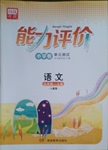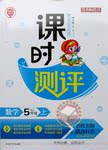题目内容
Love means you care about the ______ of a person, that is, you hope he or she can lead a happy life.
A. authority B. belief C. preference D. welfare
练习册系列答案
 能力评价系列答案
能力评价系列答案 唐印文化课时测评系列答案
唐印文化课时测评系列答案
相关题目
题目内容
Love means you care about the ______ of a person, that is, you hope he or she can lead a happy life.
A. authority B. belief C. preference D. welfare
 能力评价系列答案
能力评价系列答案 唐印文化课时测评系列答案
唐印文化课时测评系列答案